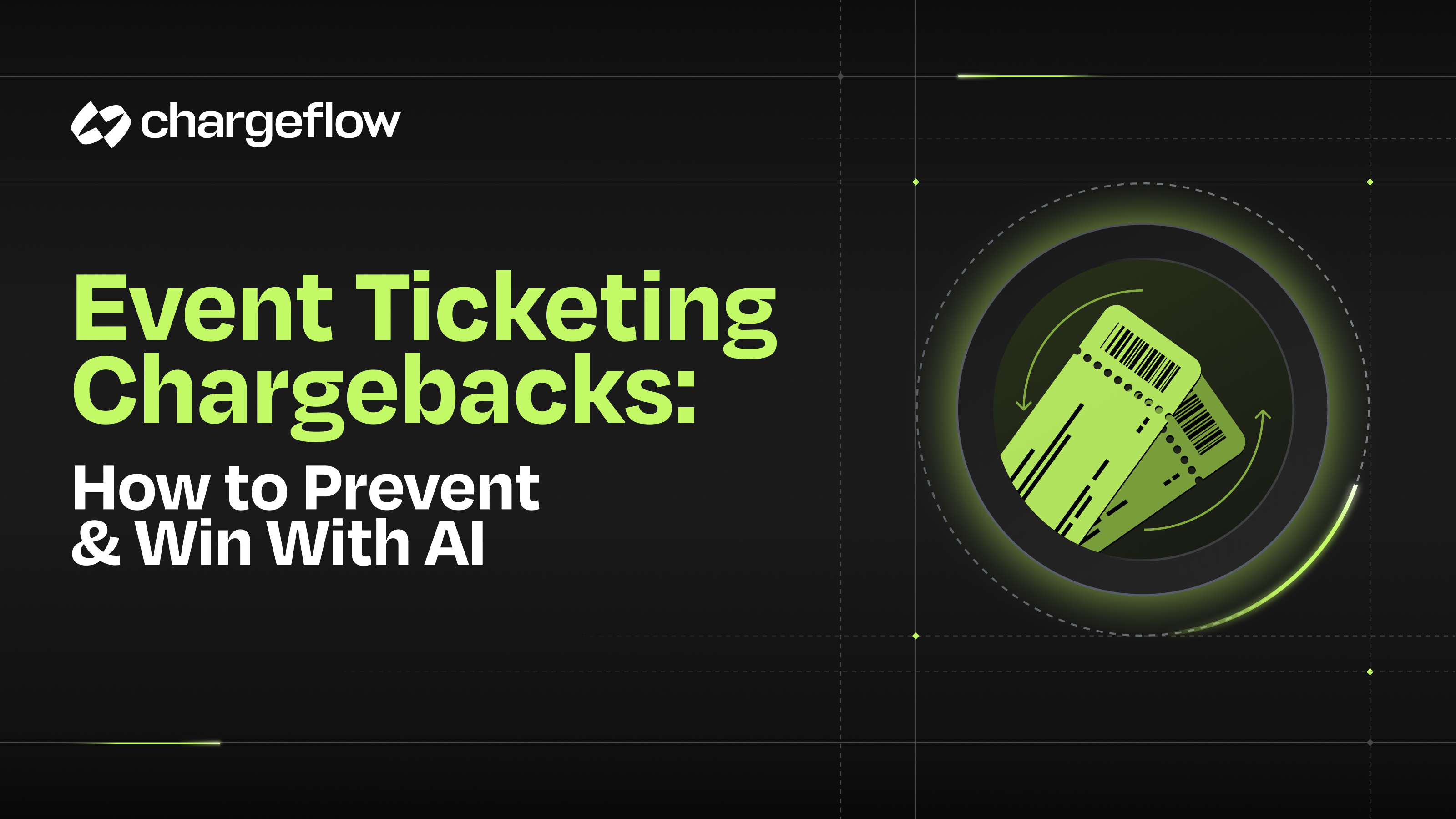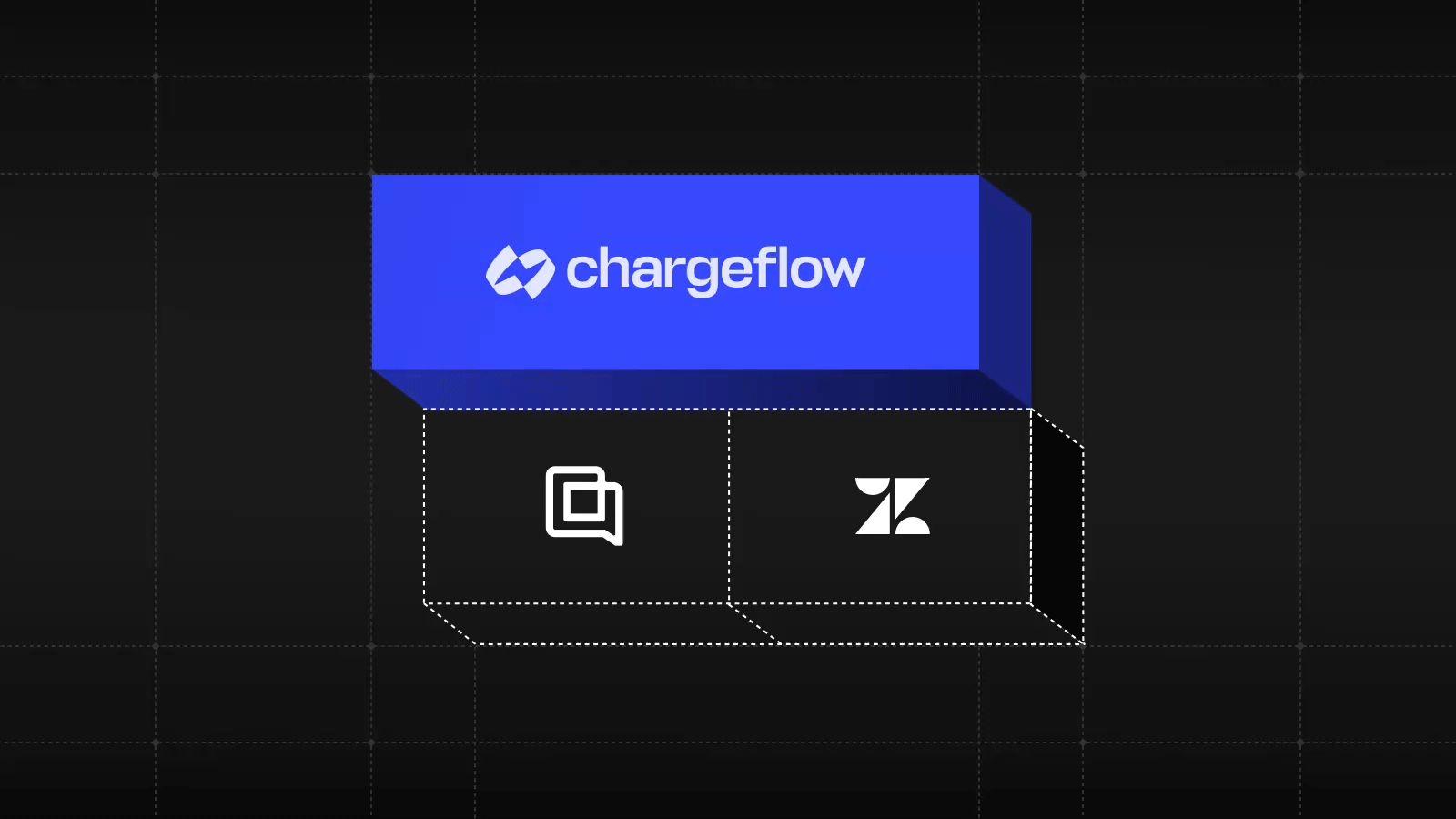Navigating the Chargeback Calendar: Essential Timeframes in the Dispute Process

Chargebacks?
No longer your problem.
Recover 4x more chargebacks and prevent up to 90% of incoming ones, powered by AI and a global network of 15,000 merchants.
Cardholders have 120 days to dispute a charge, merchants have 20 days to respond to a chargeback (Visa 30 days, Mastercard 45 days and AmEx 20 days).
Understanding the chargeback calendar helps you manage and respond to chargebacks within the timeframes set by credit card networks and issuers.
Thomas Jefferson once said, “ignorance of the law is no excuse in any country. If it were, the laws would lose their effect because it can always be pretended.”
That statement echoes the ancient Roman law: "ignorantia juris non excusat," which means ignorance of the law does not excuse. Similarly, in the realm of chargeback remediation, unawareness of the established timelines does not absolve one from responsibility. Failure to follow the chargeback calendar invariably leads to liability for the associated costs.
Chargeback costs will drain your revenue, strain customer relationships, and threaten your ability to process payments, if left unchecked. But not to worry, I'm here to demystify the crucial timeframes of the dispute process and arm you with best practices to win chargebacks without lifting a finger.
Before we unveil the chargeback calendar, let’s clarify the basics:
Understanding eCommerce Chargebacks
eCommerce chargebacks are a consumer protection instrument that allows cardholders to dispute transactions to their bank and obtain forceful payment reversal from the merchant's account.
Like any legal construct with guaranteed remediation outcome, chargeback is a vital safety net for buyers when they receive defective products, suffer unjust billing, or fall victim to fraudulent transactions.
The principle is clear: Cardholders will be more comfortable transacting online if card networks and issuers can help rectify any wrongdoing in the transaction process. Merchants will not take advantage of unsuspecting consumers, and consumers will have direct access to seek redress for any transaction issue.
While chargebacks facilitate a fair and transparent online trading environment that balances consumer protection with merchant accountability, the disconnects in the practical application of chargebacks have created a 200-billion-dollar problem for the entire eCommerce ecosystem. Why? Banks see merchants as guilty by default whenever a cardholder files a dispute, leaving merchants vulnerable to fraud. Industry records show that about 81% of consumers have filed at least one chargeback out of convenience, and more than 70% of all chargebacks are friendly fraud (an intentional abuse of the chargeback system).
With each false and fraudulent chargeback comes non-negotiable chargeback fees, reputational damage, and sometimes, sanctions from regulators. Our internal data shows that chargebacks are a significant sustainability risk for businesses today.

The Competitive Edge: Chargeback Timeframes Unveiled
Card associations like Visa, Mastercard, and AmEx have distinct chargeback calendars with fixed timeframes for each phase of the chargeback cycle. The chargeback calendar helps streamline the dispute remediation process.
Understanding the established timeframes and any specific requirements for contesting a claim at each stage improves your chances of winning. Below, we provide expert insight into each chargeback stage and instructions for maximum dispute representment outcome.
Essential Timeframes in the Dispute Process
- Chargeback Notification Window: The first stage of the chargeback calendar is the dispute notification window. At this point, the cardholder has initiated a dispute, and the issuer has awarded them a conditional refund. The card issuer will notify your acquirer about the case with an accompanying chargeback reason code. For the most part, cardholders have 120 days from the transaction date to initiate the dispute.
- Merchant Response Time: Merchants must respond to Visa disputes within 30 days and Mastercard disputes within 45 days. Amex dispute response time limit is 20 days. If you're not using chargeback alerts to stay ahead of the loop, you'll only know about the case whenever your acquirer notifies you, which might leave little time for a response. More so, for your chargeback representment to be effective, you’ve got to have overwhelmingly convincing evidence that counters the cardholder’s claims.
- Pre-Arbitration Phase: Upon reviewing your rebuttal letter and compelling evidence (like sales receipts, transaction records, shipping information, and other relevant documentation), the issuer makes a ruling. If the decision is in your favor, they'll reverse the conditional refund. If not, the chargeback will stay. Visa calls this “second chargeback” pre-arbitration, while over at Mastercard, they call it arbitration chargeback. Issuers have 30 days to initiate a pre-arbitration chargeback. Any party that wants to seek arbitration (i.e., a review of the decision at this point) must do that within 10 days.
- Resolution and Final Decision: Merchants or cardholders pursuing arbitration must submit new case material and compelling evidence directly to Visa or Mastercard (through their acquirer and bank, respectively) for review. The card scheme's decision is final unless either party (acquirer or issuer) presents substantial new evidence. Otherwise, they'll have to take the matter to court.

Common Pitfalls: What Competitors Aren’t Telling You
There are several misconceptions about dealing with chargebacks, chief among those being that “chargeback is a cost of doing business.” Writing off chargebacks as a cost of goods sold would be profitable if chargeback costs are limited to the transaction cost. But they’re not: each chargeback carries an overwhelmingly excessive cost far beyond the transaction value.
Research shows that for each $1 charged back, merchants lose about $4. Also, excessive chargebacks compromise your relationship with regulators, which attracts sanctions like exorbitant fees for transaction processing –or even the loss of your payment privileges.
Another misconception is that chargeback remediation is simply about compiling and sending evidence to the bank. In reality, fighting chargebacks is an uphill battle requiring specialist knowledge and technical skills beyond presenting a persuasive argument and writing a response letter. While having convincing evidence is vital, producing such documentation is the real challenge. How do you excavate and deliver the necessary and sufficient documentation and argument without significantly affecting your operational budget?
Hence, the accurate chargeback mitigation approach combines excellent customer relationships with order insight to transform every dispute into a business opportunity while fending off scammers. That could mean processing refunds automatically to resolve disputes before they happen or excavating insights from over 50 data points for the most potent chargeback representment.

Future-Proof Your Business: Advanced Strategies for Chargeback Remediation
Estimates from Statista suggest that by 2026, retail eCommerce sales will grow to 8.1 trillion dollars, representing a 56 percent spike from 5.2 trillion U.S. dollars in 2021. Yet, the growth in eCommerce transactions has significant downside risks. For example, analysts at Mastercard found that merchants will lose around $117.47 billion this year due to chargebacks.
A similar report observed that 72% of cardholders considered requesting a chargeback from their bank as a viable alternative to seeking a refund from the merchant. Meanwhile, 75% of respondents saw both dispute methods as equal.
The report further recorded that merchants using chargeback alerts observe a 27% average reduction in their chargeback volumes. Our internal data confirms this finding. Merchants using Chargeflow’s automated chargeback recovery to pre-empt chargeback losses and future-proof their businesses save over 50 hours per month and approximately $4,200 on monthly employee costs while winning more than ever.
Today’s technological advancement presents remarkable opportunities for eCommerce merchants to leverage intelligent systems like Chargeflow to optimize their chargeback management strategies without losing focus on core business metrics.
Conclusion
In principle, the chargeback calendar serves as a framework for accountability and efficient dispute resolution. However, the lack of a standardized calendar across different card networks presents a challenge. The guidance and rules vary, and a misunderstanding of these variances can place you at a disadvantage.
Key chargeback timelines to keep in mind include:
- 120 days: For cardholder dispute filing (counted from the transaction date).
- 20 days: For merchant response (this extends to 30 days for Visa and 45 days for Mastercard, while Amex maintains 20 days).
- 10 days: For arbitration request filing.
- 90 days: Approximate duration for a typical chargeback resolution cycle.
In concluding this article, I leave you with Jessie Potter’s famous quote: “If you do what you’ve always done, you’ll get what you’ve always got.” With chargeback fraudsters leveraging more advanced tactics, partly due to AI and an ongoing fragmentation within the industry, combating them requires more tools that are equally sophisticated and offer a tangible ROI. If you’re not already using Chargeflow, I invite you to experience its benefits firsthand.
About the Author: Tom-Chris Emewulu is Chargeflow’s Digital Evangelist. With 8+ years of digital marketing & venture building experience, he crafts compelling, high-converting, high-intent, data-driven, SEO-friendly articles that help the brand build a sustainable growth engine. Forbes, DW, Business Insider, Businessss2Community, and many other publications have featured his works. You can find him on Social Media via @tomchrisemewulu.

Chargebacks?
No longer your problem.
Recover 4x more chargebacks and prevent up to 90% of incoming ones, powered by AI and a global network of 15,000 merchants.












































.png)
.gif)







